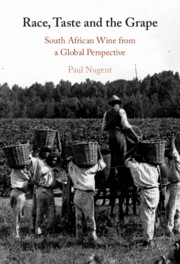This paper departs from the preoccupation in the literature with the pressure group activity of single chambers of commerce by examining an influential but previously neglected federated business pressure group, the British Imperial Council of Commerce (BICC). Set within interlocking dynamics of British Imperial and global history and the clamour for imperial preference, it focuses on BICC's interface with the British government and its overseas dependencies in the context and vortex of Imperial economic policy, the First World War, interimperial competition, especially Anglo–German rivalry, and the vagaries of the world political economy. This essay provides insights into the internal affairs of the BICC, business–government relations in the British Empire, and the political economy of the Empire between 1911 and 1925. It demonstrates how the BICC, focused on Imperial economic governance, navigated the conflict between the prevailing ideology of laissez faire (free trade) and the clamour for xenophobic protectionism during the First World War and its aftermath. The paper highlights the limits of business pressure group activity, and the impact of the war and its aftermath on the BICC.
